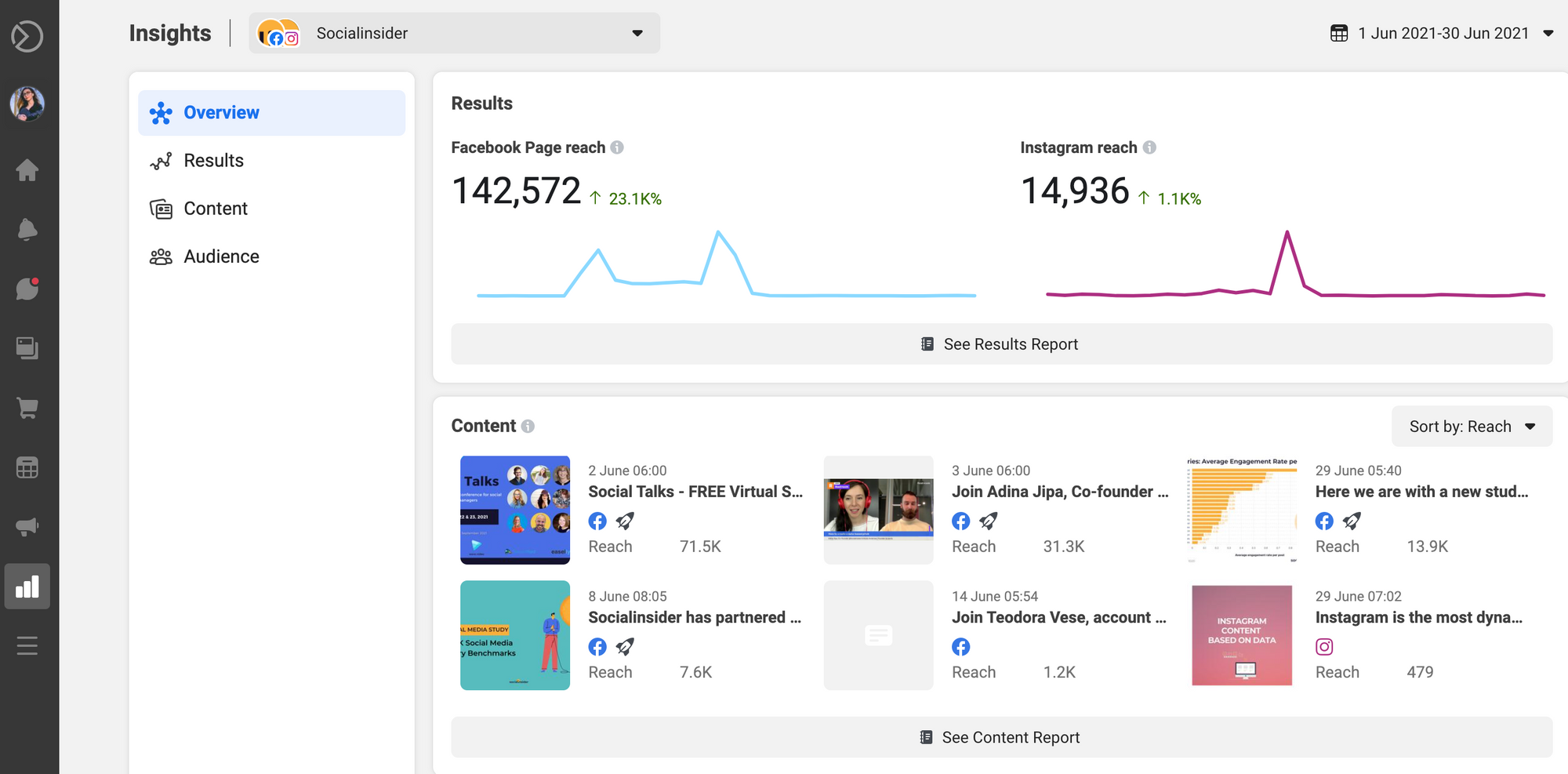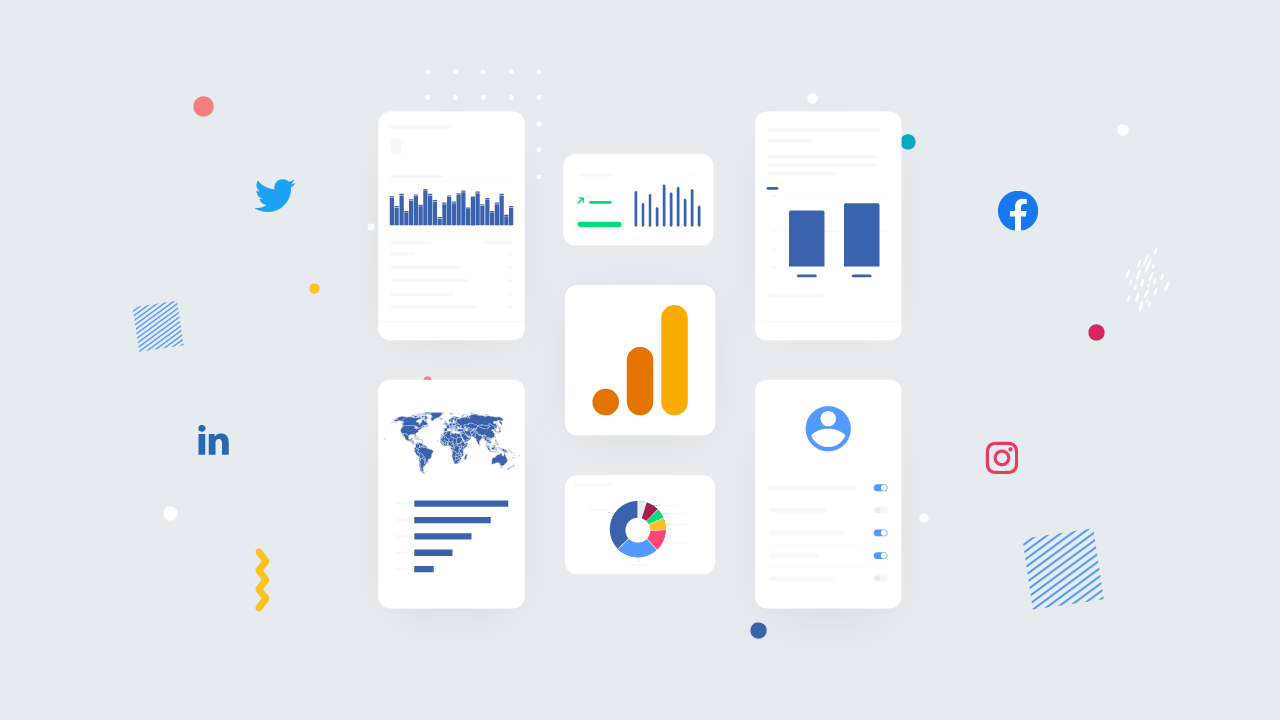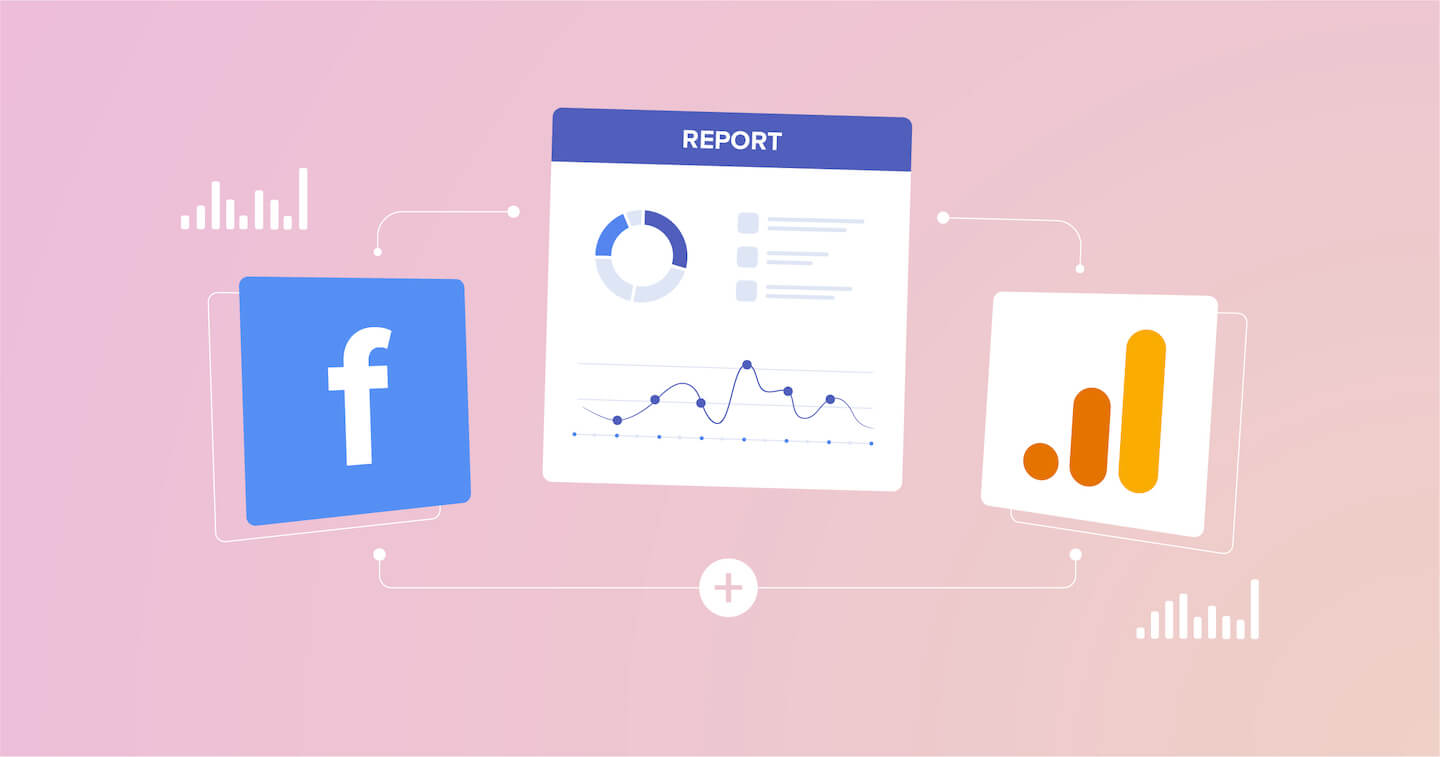In today’s digital age, social media has become an integral part of our lives. With billions of users worldwide, platforms like Facebook offer immense potential for businesses to reach their target audience. However, with such vast amounts of data generated every second, it can be challenging to gain meaningful insights into user behavior. This is where social media analytics Facebook comes to the rescue.
What is Social Media Analytics Facebook?

Social media analytics is the process of gathering, analyzing, and interpreting data from social media platforms to make informed business decisions. It involves tracking various metrics that provide valuable insights into the effectiveness of social media campaigns, content performance, audience engagement, and more.
The Importance of Social Media Analytics for Businesses
Understanding social media analytics is crucial for businesses looking to thrive in the digital landscape. It offers several benefits, including:
- Optimizing Marketing Strategies: By analyzing data, businesses can understand what works and what doesn’t, enabling them to tailor their marketing strategies for better results.
- Enhancing Customer Engagement: Social media analytics helps in identifying the preferences of the target audience, enabling businesses to engage with them more effectively.
- Identifying Growth Opportunities: By monitoring trends and patterns, businesses can discover new opportunities and stay ahead of the competition.
Understanding Facebook Insights
One of the most powerful tools for social media analytics is Facebook Insights. It provides a wealth of information about your Facebook Page’s performance and audience engagement.
Accessing Facebook Insights
To access social media analytics Facebook, you need to have a Facebook Page for your business. Once you have admin access, click on the “Insights” tab at the top of your Page.
Key Metrics in Facebook Insights
Reach and Impressions
Reach refers to the number of unique users who see your content, while impressions indicate the total number of times your content is displayed. Monitoring these metrics helps you gauge the overall visibility of your posts.
Engagement Metrics
Engagement metrics include likes, comments, and shares. They demonstrate how your audience is interacting with your content. High engagement indicates that your content resonates well with your audience.
Likes, Comments, and Shares
These metrics delve deeper into understanding what type of content is most popular among your audience.
Click-Through Rates (CTR)
CTR measures the number of clicks on your content divided by the number of impressions. It shows how compelling your content is and whether it encourages users to take action.
Page Views and Follows
Tracking page views and follows helps you understand how many users are interested in your Page and its content.
Analyzing Audience Demographics
Facebook Insights provides valuable information about your audience’s demographics, such as age, gender, location, and language. Understanding your audience’s characteristics helps tailor content to their preferences.
Monitoring Content Performance
By analyzing the performance of individual posts, you can identify which type of content garners the most engagement and adjust your content strategy accordingly.
Tracking Referral Traffic
Facebook Insights also reveals how much traffic your website receives from your Facebook Page. This information helps you evaluate the effectiveness of your social media efforts in driving traffic.
Using Social Media Analytics for Data-Driven Decision Making

Social media analytics empowers businesses to make data-driven decisions that lead to improved outcomes. Here are some ways to leverage this data effectively:
Identifying Top-Performing Content
By analyzing which posts perform best, you can focus on creating similar content that resonates with your audience.
Measuring Campaign Effectiveness
Social media analytics allows you to measure the success of your marketing campaigns and identify areas for improvement.
Improving Customer Engagement
Understanding your audience’s preferences enables you to engage with them in a more personalized and meaningful manner.
Enhancing Social Media Advertising
By monitoring the performance of paid ads, you can optimize your advertising budget for better ROI.
Monitoring Competitor Analysis
Social media analytics also provides insights into your competitors’ performance, allowing you to benchmark your efforts and identify areas for growth.
Tips for Effective Social Media Analytics
To make the most of social media analytics, consider the following tips:
1. Set Clear Goals
Define specific goals and objectives for your social media campaigns, as this will guide your analytics strategy.
2. Focus on Relevant Metrics
Avoid getting overwhelmed by data and concentrate on metrics that align with your business objectives.
3. Compare Data Over Time
Track your social media metrics over time to identify patterns and trends.
4. Utilize Social Media Management Tools
Leverage social media management tools that simplify the process of data collection and analysis.
5. Monitor Trends and Changes
Stay updated on the latest trends and changes in social media algorithms to adapt your strategy accordingly.
Challenges
While social media analytics offers valuable insights, it comes with its share of challenges:
1. Data Accuracy and Reliability
Ensuring data accuracy is crucial for making informed decisions. Inaccurate data can lead to flawed strategies.
2. Dealing with Big Data
Managing and analyzing vast amounts of data can be overwhelming, requiring robust tools and systems.
3. Privacy and Ethical Concerns
With increased data collection, maintaining user privacy and adhering to ethical standards is of utmost importance.
4. Extracting Actionable Insights
Translating raw data into actionable insights requires skilled analysts and effective data interpretation.
Future Trends
As technology advances, the future of social media analytics looks promising with the integration of:
1. Artificial Intelligence and Machine Learning
AI-powered analytics will enhance data processing and provide more accurate predictions.
2. Integration with Business Intelligence
Integrating social media analytics with business intelligence tools will enable a comprehensive understanding of overall performance.
3. Real-Time Analytics
Real-time insights will empower businesses to respond quickly to emerging trends and issues.
4. Advanced Sentiment Analysis
Analyzing user sentiment will help businesses gauge customer emotions and preferences better.
Conclusion
Social media analytics Facebook offers businesses invaluable data to understand their audience, optimize content, and improve overall performance. By leveraging these insights effectively, businesses can gain a competitive edge in the digital landscape. If you’re ready to take your social media strategy to the next level and unlock the full potential of social media analytics, request a demo from AIM Technologies today!
FAQs
What is Social Media Analytics?
- Social media analytics involves gathering and analyzing data from social media platforms to gain insights into user behavior and content performance.
Why is Social Media Analytics important for businesses?
- Social media analytics helps businesses optimize marketing strategies, enhance customer engagement, and identify growth opportunities.
How can I access Facebook Insights?
- To access Facebook Insights, you need admin access to your business’s Facebook Page and then click on the “Insights” tab.
What are some key metrics in Facebook Insights?
- Key metrics in Facebook Insights include reach, impressions, engagement metrics (likes, comments, shares), click-through rates, and audience demographics.
How can I use social media analytics for data-driven decision-making?
- Social media analytics can help you identify top-performing content, measure campaign effectiveness, improve customer engagement, optimize social media advertising, and monitor competitor analysis.


